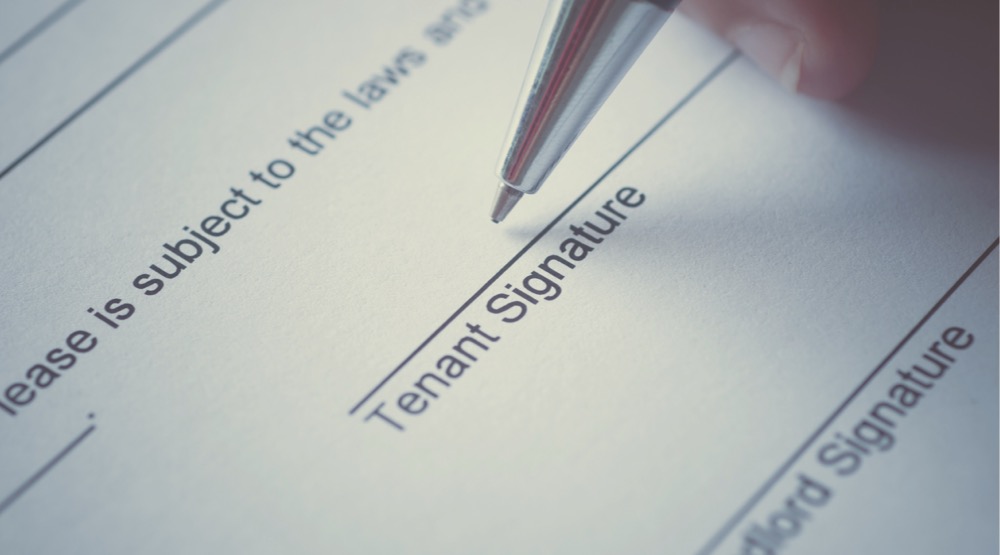On Tuesday (April 7, 2020), the Morrison Government outlined a commercial code to guide commercial rent relief for tenants. In addition to the six-month moratorium on evictions announced last week, whereby the Federal Government barred landlords from evicting tenants who struggled to pay their commercial rent, Scott Morrison outlined further relief for tenants.
According to the code, commercial rents will be reduced by the same proportion that the tenant’s revenue has decreased, due to the Coronavirus pandemic.
The Prime Minister announced that the Code would be legislated and regulated in reach state and territory, and would apply to situations where the landlord or the tenant is eligible and has applied for the JobKeeper allowance, and haas a revenue of less than $50 million.
In essence, the Code bars landlords from terminating leases or drawing on a tenant’s security, with rent reductions coming in the form of either waivers for deferrals. Waivers will have to account for at least 50 per cent of the reduction in business, while deferrals – payments that will need to be paid, but can be delayed – must be spread over the remaining time on a lease, and for no less than 12 months.
Rent increases will be forbidden, while landlords will not be permitted to apply penalties to tenets who have been forced to reduce hours or stop trading.
To get a clearer understanding of the Code and its implications, Professional Beauty spoke to Timothy Borham, Director of Sajen Legal.
The scheme outlines that landlords will need to reduce leases in proportion to the reduction of a tenant’s business, with waivers accounting for at least 50 per cent of the reduction of business. What does that mean in layman’s terms? Are salon owners going to be liable to make up the rent at a later date, when they’re back on their feet?
A waiver or abatement of rent should not be required to be paid later. A deferral is required to be paid later on terms agreed between the parties.
Mr Morrison said the waivers had to account for at least 50 per cent of the rent reduction. Does this mean that landlords have the right to only reduce rents by 50 per cent? And if that’s the case, what happens in the event that the tenant can’t pay the remaining 50 per cent?
At this stage it appears that the Government will only be mandating a maximum 50 per cent rental waiver under the proposed Code. Given this limit is pegged to the percentage of reduction in business (eg. a landlord must waive at least half of the loss in revenue, so a 100 per cent loss in revenue would equal a required 50 per cent waiver in rent), this will likely apply to beauticians, salons…and other businesses completely shut down as part of the public health directives.
If you can negotiate a greater reduction or full waiver with your Landlord, then you’re certainly still entitled to (as you were before the Code). However, it appears the Code won’t grant you any avenues to force the Landlord to take more than a 50 per cent hit. There is a proposed dispute resolution process to be included in the Code and it will be interesting to see whether it will only apply if a party is not complying with the Code or whether it will be a general forum.
The scheme also highlighted that deferrals – rental payments that need to be made, but can be put off – must be spread over the remaining time on the lease, and for no less than 12 months. Does this suggest that there is room for negotiation – a complete waiver or deferral?
Everything is negotiable if you can secure the other party’s agreement, that won’t change. Evidently this initiative will favour those with longer time remaining on their Lease term, as it will spread out the repayment, but even with a short term lease you may be able to secure extended repayment terms.
The code will apply to any tenancies where the tenant applied for the JobKeeper, but what if they haven’t? What if they are a sole trader?
Certain sole traders are eligible for JobKeeper, so that is not a complete exclusion in itself. The Code was announced in a way that it would apply to those that have applied for JobKeeper. However, I wouldn’t be surprised if this was a slip of the tongue and the Code is ultimately written as simply having the same eligibility criteria (eg. under $50m and greater than 30% loss in revenue) as opposed to actually having to subscribe to JobKeeper.
The scheme is for tenants and businesses with an annual turnover of less than $50 million. What options to larger businesses have?
At this stage it doesn’t appear large businesses will have relief under the Code. There may be certain contractual principles that could be relied upon by larger businesses such as ‘frustration’, but these are very case-specific and won’t apply broadly to all leases. As I’ve said earlier, there is still nothing stopping them negotiating directly with the Landlord and I recommend they do so if the Covid-19 pandemic has negatively impacted their business.
These announcements are very preliminary, leave many gaps for clarification and shouldn’t necessarily be completely relied on until such time as they are enacted at law (passed in as legislation).
For more news and updates, subscribe to our weekly newsletter.

